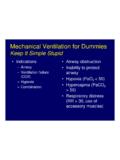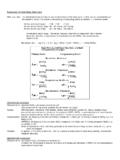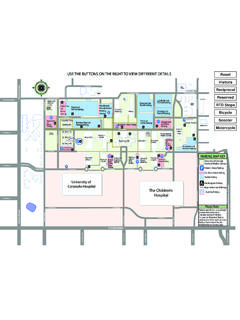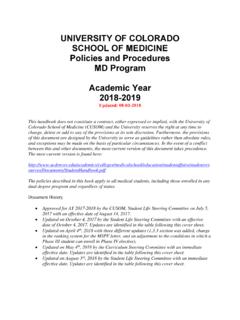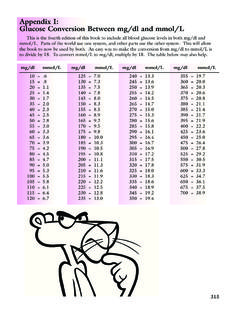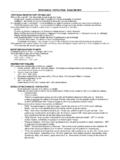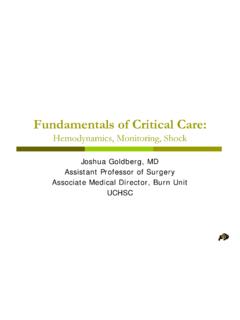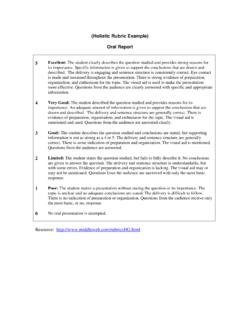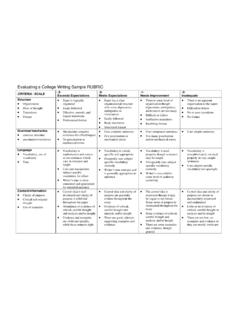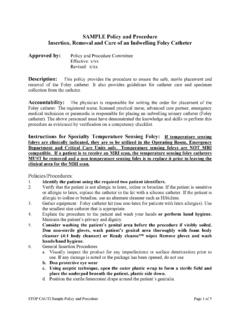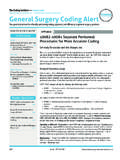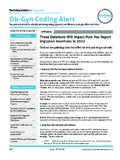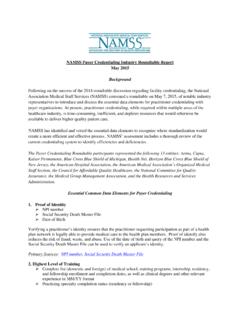Transcription of University of Colorado School of Medicine Graduate Medical ...
1 University of Colorado School of Medicine Graduate Medical education Page 1 of 3 Policy: Evaluation & Promotion Policy (Resident, Faculty, and Program) Original Approval: October 10, 2007 Effective Date: October 10, 2007 Revision Date: November 12, 2008, May 30, 2014 (Editorial) May 27, 2015 (Editorial) February 1, 2016 (Editorial) In this document, Resident refers to both specialty Residents and subspecialty Fellows. Policy: All programs sponsored by the GME Committee, including those not accredited by ACGME, are required to utilize the MedHub data system to create evaluation forms to assess Resident and Faculty performance. As part of the Common Program Requirements (V.), supervising Faculty must evaluate the Resident s performance in a timely manner during each rotation or similar educational experience or assignment, and document the evaluation at the completion of the assignment.
2 The Resident s performance evaluation must include an objective assessment of competence in the ACGME competencies based on the specialty-specific Milestones, use evaluations by multiple evaluators, and document progressive Resident performance improvement appropriate to educational level. The program must evaluate Faculty performance as it relates to educational program at least annually. The Faculty performance evaluation must include at least annual written confidential evaluations by the Residents. The Residents and Faculty must have the opportunity to evaluate the program confidentially and in writing at least annually. Resident Performance Evaluation: The Program Director must appoint the Clinical Competency Committee (CCC). At a minimum the CCC must be composed of three members of the program Faculty. The Program Director may appoint additional members of the CCC.
3 These additional members must be physician members from the same program or other programs, or other health professionals who have extensive contact and experience with the program s residents in patient care and other health care settings. Chief residents who have completed core residency programs in their specialty and are eligible for specialty board certification may be members of the CCC. There must be written description of responsibilities of the CCC that includes: 1. Reviewing all Resident evaluations semi-annually, 2. Preparing and assuring the reporting of Milestones evaluation of each Resident semi-annually to ACGME, and 3. Advising the Program Director regarding Resident progress, including promotion, remediation, and dismissal. Formative evaluation of Resident performance includes the following activities: 1. Faculty evaluation of Residents must be completed within 2 weeks following each rotation or educational experience (no less than quarterly) and must be available for University of Colorado School of Medicine Graduate Medical education Page 2 of 3 review by the Resident.
4 Resident notification of completed evaluations should be set up in MedHub by requiring that the Residents sign off on the evaluation. 2. Objective assessments of competence in patient care and procedural skills, Medical knowledge, practice-based learning and improvement, interpersonal and communication skills, professionalism, and systems-based practice based on the specialty-specific Milestones. 3. Multiple Evaluators - Program Directors must obtain and incorporate evaluative input from multiple sources, as appropriate/available for the specialty or service, such as peers, patients/families, self-assessment, other Medical professionals, administrative and support staff, and students. 4. Program Directors must provide each Resident with a documented performance evaluation summary at least semi-annually, incorporating input from the Clinical Competency Committee.
5 5. Evaluations of performance must be accessible for review by the Residents. 6. Promotion: Each program must determine the criteria for promotion. Residents advancement to a position of higher responsibility will be made only on the basis of an evaluation of their readiness for advancement and is not automatic. Reappointment and promotion are contingent on mutual agreement, and an annual review of satisfactory or better performance. Residents may be reappointed for a period of not more than one (1) year. 7. The Program Director must provide a Summative Evaluation for each Resident upon completing/leaving the program. Specialty-specific Milestones must be used as one of the tools to ensure Resident are able to practice core professional activities without supervision upon completion of the program. This evaluation must: a. Become part of the Resident s permanent record maintained by the institution, and must be accessible for review by the Resident b.
6 Document performance during the final period education c. Verify that the Resident has demonstrated sufficient competence to enter practice without direct supervision Faculty Performance Evaluation: The Program Director must evaluate Faculty performance as it relates to the educational program at least annually and include a review of the Faculty s clinical teaching abilities, commitment to the educational program, clinical knowledge, professionalism, and scholarly activities. 1. Resident evaluation of Faculty Residents must be given the opportunity to submit confidential evaluations of Faculty at least annually. Programs must not allow Faculty to view these individual evaluations by Residents. Resident evaluations of Faculty must be aggregated and made anonymous. The Program Director must review the aggregated evaluation report prior to release to Faculty for their annual review.
7 This summary may be released as necessary, with Program Director review and approval in instances where evaluations are required for Faculty promotions. University of Colorado School of Medicine Graduate Medical education Page 3 of 3 a. In order to maintain confidentiality of Faculty performance evaluations, small programs with four or fewer Residents may use one of the following: i. Aggregate the Faculty evaluations for the subspecialty and core residency programs to increase anonymity. Generalize and group Residents comments to avoid identifying specific Resident feedback. ii. Aggregate Faculty performance evaluations across multiple academic years. iii. For one year training programs, review Resident feedback after the Resident completes the program.
8 2. Program Directors must maintain continuous and ongoing monitoring of Faculty performance. This may include automated alerts regarding low evaluation scores on evaluations by Residents, regular surveillance of evaluations, and regular verbal communication with Residents regarding their experiences. 3. Division Chiefs and/or Department Chairs should be notified by the Program Director when Faculty receive unsatisfactory evaluation scores. Faculty performance must be reviewed and discussed during the annual Faculty evaluation review process conducted by the Chair or Division Chief. Program Evaluation and Improvement: Program Directors must appoint the Program Evaluation Committee (PEC) to be composed of at least two program Faculty members and should include at least one Resident. There must be a written description of the PEC responsibilities to include: 1.
9 Planning, developing, implementing, and evaluating educational activities of the program 2. Reviewing and making recommendations for revision of competency-based curriculum goals and objectives 3. Addressing areas of non-compliance with ACGME standards 4. Reviewing the program at least annually using evaluations of Faculty, Residents, and others as specified below The program, through the PEC, must annually document formal, systematic evaluation of the curriculum and render a written Annual Program Evaluation (APE) report. The program must monitor and track: 1. Resident Performance 2. Faculty Development 3. Graduate performance, including board certification examination results 4. Program Quality; and the program must: a. Offer Faculty and Residents annual opportunities to provide confidential written evaluative input b. Use the results of Residents and Faculty members assessments of the program together with other program evaluation results to improve the program 5.
10 Progress on the previous year s action plan(s) 6. The PEC must prepare a written plan of action to document initiatives to improve performance in one or more of the areas listed above as well as delineate how they will be measured and monitored a. The action plan should be reviewed and approved by the teaching Faculty and documented in the meeting minutes.
